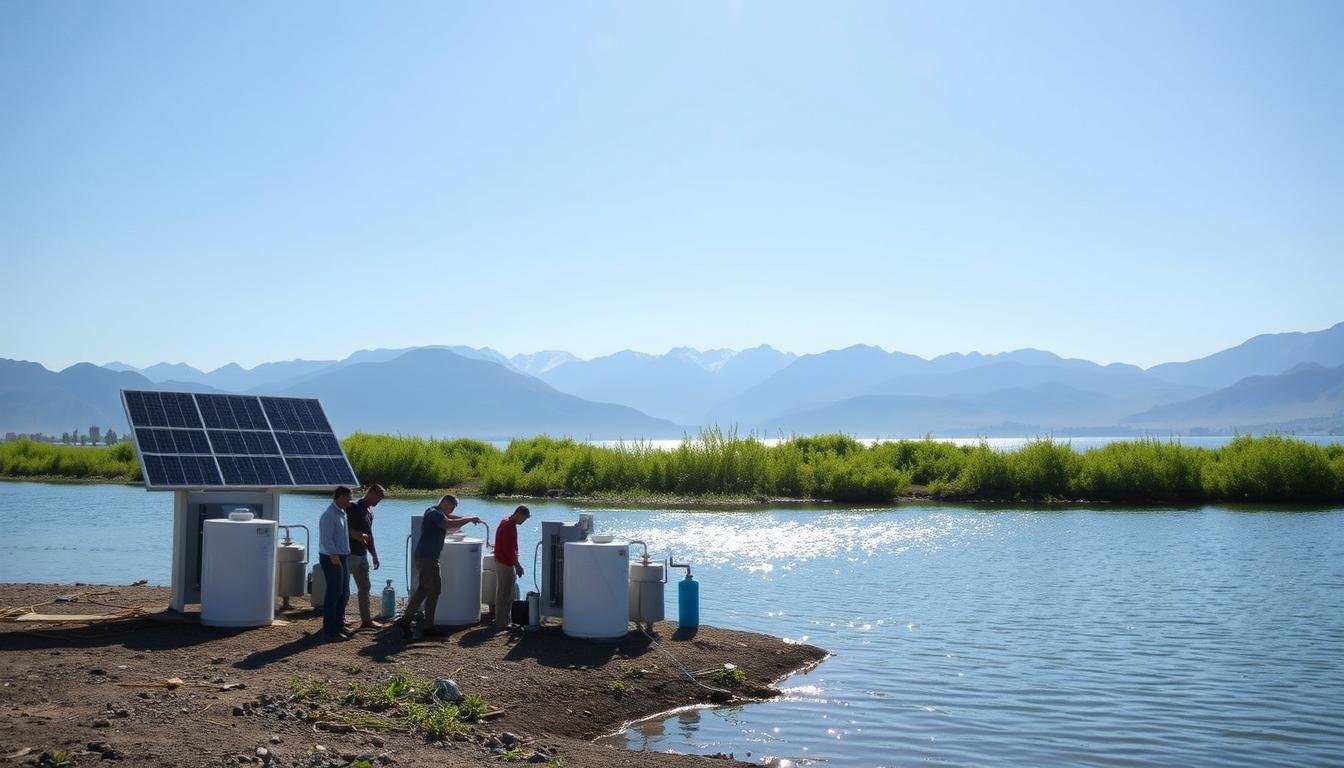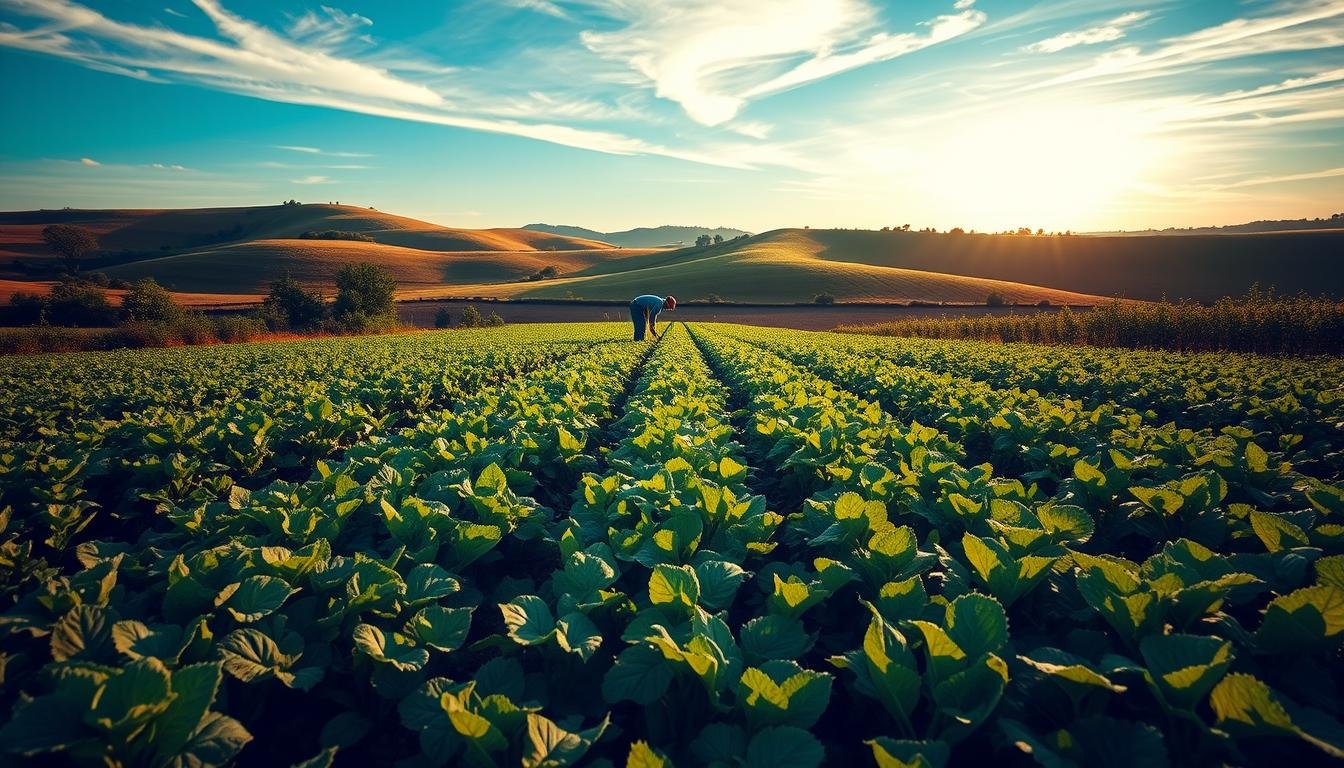Parenting is a journey filled with joy and challenges. It’s important to teach kids about the environment. By doing this, we can help them make choices that are good for the planet.
Let’s look at how to raise kids who care about the environment. We’ll share tips for families who want to live more sustainably.
1. The Importance of Eco-Friendly Parenting
Eco-friendly parenting is key for raising kids who care about the planet. By teaching them to make sustainable choices, we shape their future. This helps them grow up to be responsible and environmentally aware.
2. Setting the Foundation: Teaching Environmental Awareness
It’s important to teach kids about the environment. Explain to them why biodiversity matters and how pollution affects us. This helps them understand the importance of taking care of our planet.
3. Sustainable Lifestyle Choices for Families
Reducing Waste and Embracing Recycling
Reducing waste and recycling are key parts of eco-friendly parenting. Teach kids to avoid single-use items and use recycling bins. This helps them learn about the importance of reducing waste.
Energy Conservation and Efficient Resource Usage
Using energy wisely is important for a sustainable lifestyle. Involve kids in saving energy, like turning off lights. Teach them to be mindful of water use too. This helps them live more sustainably.
Conscious Consumerism: Choosing Sustainable Products
Teach kids about the impact of their choices. Choose sustainable products like organic and local items. This teaches them to think about the environment when they shop.
4. Nurturing a Connection with Nature
Outdoor Exploration and Nature-Based Activities
Spending time outside is great for connecting with nature. Take family trips to parks and nature reserves. Activities like nature walks and birdwatching can spark a love for nature in kids.
Gardening and Sustainable Food Choices
Gardening teaches kids about sustainable food. Growing your own food reduces reliance on store-bought items. Kids learn about composting and the benefits of local food.
Wildlife Conservation and Environmental Stewardship
Teaching kids about wildlife conservation is important. Encourage them to help protect animals and ecosystems. Support conservation efforts and involve them in community projects.
5. Leading by Example: Parental Role Modeling
Children learn from what they see. Parents should model eco-friendly behaviors. When parents practice sustainable habits, kids are more likely to follow.
6. Empowering Kids: Teaching Sustainability and Eco-Literacy
Engaging Children in Age-Appropriate Conversations
Parents can talk to kids about the environment in a way they can understand. They can explain big environmental issues and how we can help. This helps kids think deeply and ask questions.
Encouraging Critical Thinking and Problem-Solving Skills
Teaching kids to think critically helps them solve big problems. Parents can help them come up with new ideas to fix environmental issues. This way, kids learn to tackle big challenges and find solutions.
Involving Kids in Green Initiatives and Community Projects
Parents can get kids involved in helping the planet. They can join local clean-ups or environmental clubs. This gives kids real-world experience and helps them make a difference.
7. Overcoming Challenges and Obstacles
Teaching kids about the environment can be tough. Some might not want to change their ways or feel too overwhelmed.
Parents need to be patient and understanding. Finding a balance between caring for the planet and daily life is key. It’s also important to help kids stay strong and keep going.
8. Conclusion
Being an eco-friendly parent is a rewarding journey. It helps shape kids who care about the planet. By teaching them, showing them nature, and encouraging them to act, parents can help create a greener future.
Together, we can raise kids who love and protect our planet. They will help make the world a more sustainable place.




